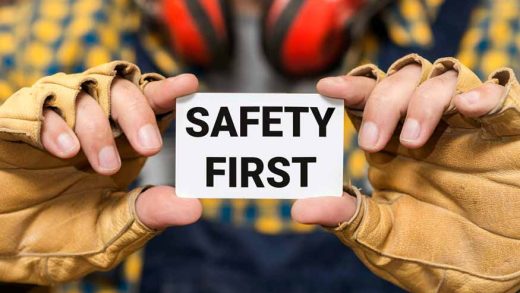Self-awareness is the understanding of one’s own thoughts and feelings. It is the self-evaluation of actions, which is often a result of emotions. In other words, being self-aware means knowing who you are, what you are, and what you can do to become a better person.
It is important to be self-aware, as it helps in the development of a positive mind and love for oneself. However, it is not easy to develop self-awareness, as it is a concept that needs understanding and practice. It is the duty of teachers to support students to become self-aware in school. Teachers play a major role in the lives of students, helping them shape their future. Their emotional and behavioural development is also a major component of schooling.
Through this detailed blog, let’s learn how students can be taught self-awareness.
Components Of Self-Awareness
Students cannot learn self-awareness overnight. Teachers can design strategies to develop the right mindset over time through self-awareness. Self-awareness can aid in career goal setting. This will help them thrive and reach their full potential.
Below are the four major components of self-awareness. A teacher can focus on developing strategies to help students grow self-awareness.
- Mindfulness: It is the technique of increasing the attention span. Students should be able to concentrate on activities and studies. For students, mindfulness teaching is vital for their growth. This will increase their concentration power and working memory over time.
- Self-compassion: Students should learn to love themselves and not judge themselves. Teachers should be able to make them feel important and valued. But, they are avoiding any judgement based on a test score, exam papers, handwriting, etc.
- Reflection: Teachers should teach students to think and reflect on their actions. As they understand their own emotions, it will help them develop self-awareness. The reflection process could also help them in identifying their skills to develop. Additionally, this is the phase where students will also develop interests and analyse their efficiency on a particular activity.
- Feedback: Feedback from a teacher can be a guiding support for self-awareness. It is normal for a student to not be aware of a particular action or mistake until it is Students can learn about ways to become self-aware of their actions and thoughts.
Strategies to teach self-awareness
It is important for teachers to set goals for building self-awareness strategies. The use of combined strategies to analyse outcomes would be an effective approach. When combined with an assessment of student outcomes, this could be an ideal approach. The strategies should also have a scientific and psychological approach. This could help in developing the mind of the individual as they grow more compassionate over time.
Below are some of the common strategies for building self-awareness. Teachers can adopt these to help students achieve their goal of becoming self-aware.
- Identification of emotion: Students could often confuse their feelings. Teachers should help students identify their feelings. The aim is to navigate them well in the right situation. For instance, a teacher can explain the difference between upset and sad. This could help them differentiate their emotions. This can also help in understanding other students in the classroom and not judging them.
- Honesty development: Teachers should encourage students to see themselves with honesty. In other words, they express how they feel about themselves. Learning to be positive about themselves is a key concept of self-awareness. A major component is acceptance. The students should be taught to be themselves and accept the way they are physically.
- Recognition of strengths and weaknesses: Identification of strengths and weaknesses could increase self-awareness. It is possible through activities where the teacher identifies a student’s skills. As the teacher identifies the skill, the teacher helps to build the skill further. They start to become self-aware of their capabilities and skills. This is the first step towards self-awareness. They would be able to recognize skills they can further develop and skills they would not like to.
- Knowledge sharing: Knowledge sharing about self-awareness is a key component in the developmental process. Teachers should spend five minutes of one-on-one sessions with the students. This will let them talk about themselves. Teachers can also speak about their individual students during the session. Such an approach will be more like a test session. The goal is to assess the level to which the student’s self-awareness has grown.
Self-awareness is a key component for the development of a student. Being self-aware would help the students learn about their potential and their skills. The scope of learning widens with a holistic approach. This begins the understanding of the inner self. At Kangaroo Kids International Preschool, our trained teachers help the students build self-awareness by incorporating different techniques and approaches into the self-awareness development plan. Come join us on the journey of education and life skill development. For more details, contact us today!









